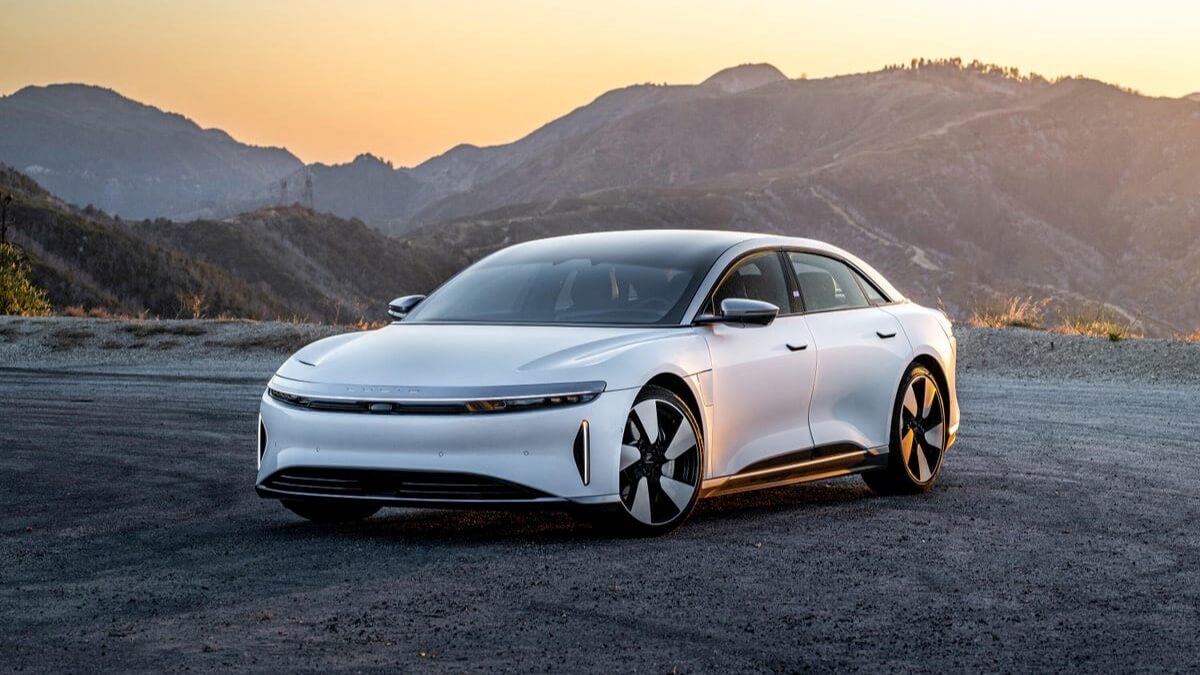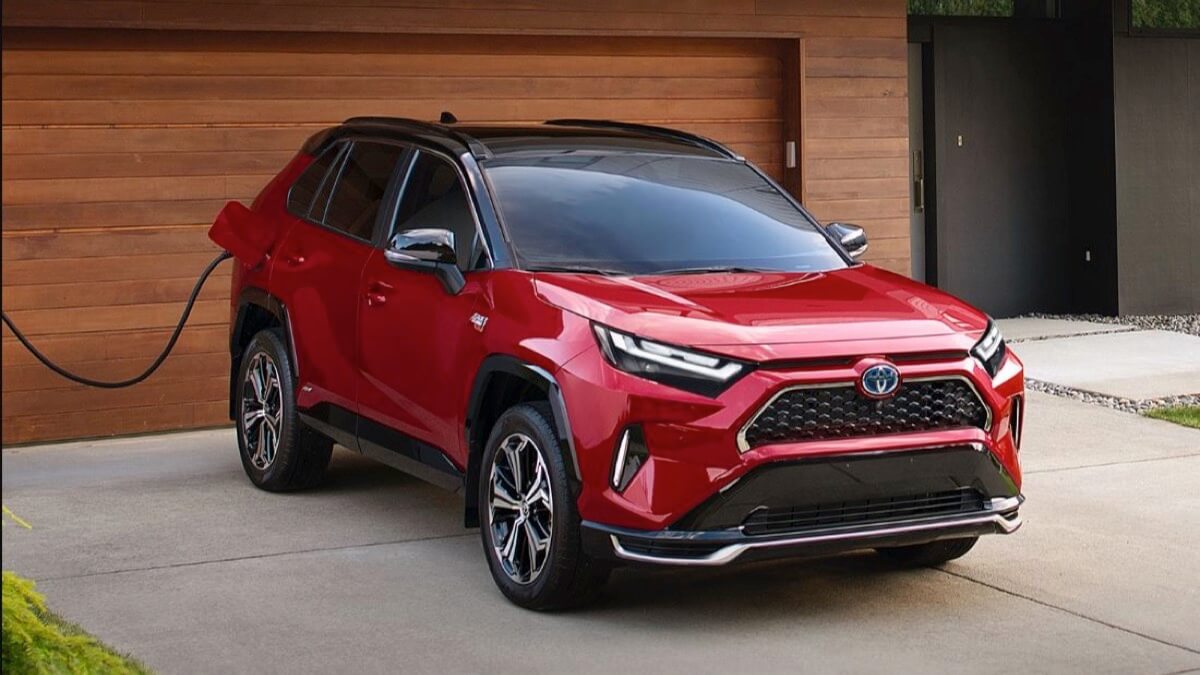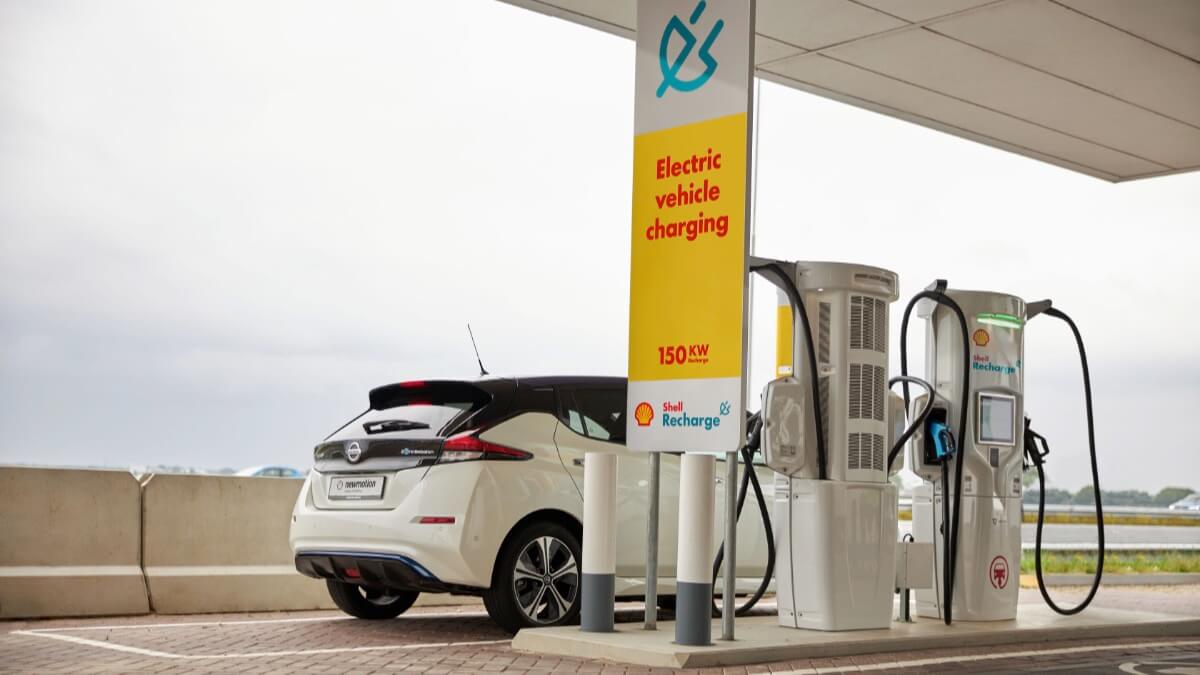Canada will say goodbye to traditional petrol-powered cars by 2035 – but there’s a twist: hybrids are in!
Canada is on the verge of making a significant shift in its automotive landscape. According to recent reports, the Canadian government is expected to announce a groundbreaking regulation called the Electric Vehicle Availability Standard. This new rule will mandate that by 2035, all new vehicles sold in the country must be zero-emission. This ambitious plan aims to phase out the sale of new combustion vehicles, aligning Canada with the global push towards sustainable transportation.
What’s fascinating is the gradual approach Canada is taking to achieve this goal. The mandate will start with zero-emission vehicles (ZEVs), including battery electric, hydrogen, and plug-in hybrids, making up 20% of all new car sales by 2026. This percentage will jump to 60% by 2030 and finally reach the 100% mark in 2035. This phased approach seems designed to give both consumers and automakers time to adapt to the changing market.
One of the key drivers behind this initiative is the concern over the availability of electric vehicles (EVs) in Canada. With the rising demand for EVs worldwide, there’s a fear that the Canadian market might not get enough supply as these vehicles are shipped to other countries. The Electric Vehicle Availability Standard is set to ensure that EVs are accessible to Canadian consumers and reduce the wait times for these vehicles.

The regulations will not just be about mandating sales but also about encouraging automakers to participate actively in this transition. Companies will be able to earn credits for bringing more EVs to the market ahead of the target dates and for investing in EV charging infrastructure. This system of credits and targets is designed to create a robust EV ecosystem in Canada, ensuring that the necessary infrastructure and vehicle options are available for consumers.
This move by Canada reflects a growing trend globally. Several countries, including the UK and over a dozen US states like New York and California, have introduced similar EV sales mandates. These initiatives are part of a broader effort to reduce greenhouse gas emissions and combat climate change. In the US, President Biden has proposed new emissions limits that would require a significant portion of new vehicle sales to be electric by 2032, although this has faced some political opposition.
For Canadian consumers, this announcement could be a game-changer. It’s a clear signal that the future of transportation in Canada is electric. This transition will not only have environmental benefits but could also spur innovation and investment in the automotive sector. As Canada gears up to join the global shift towards electric vehicles, it’s an exciting time for both consumers and the automotive industry.

Overall, the Canadian government’s expected announcement represents a bold step towards a cleaner, more sustainable future. It’s a commitment to reducing emissions and embracing the potential of electric vehicles. As the world watches, Canada is poised to become a leader in the global movement toward zero-emission transportation.









And who the heck you are to tell me how I will live ??? You are not the person who decides what is good or bad for me ! If I want meat I eat meat if I like 6.2 I drive 6.2 , it’s My Life it’s My Choice !